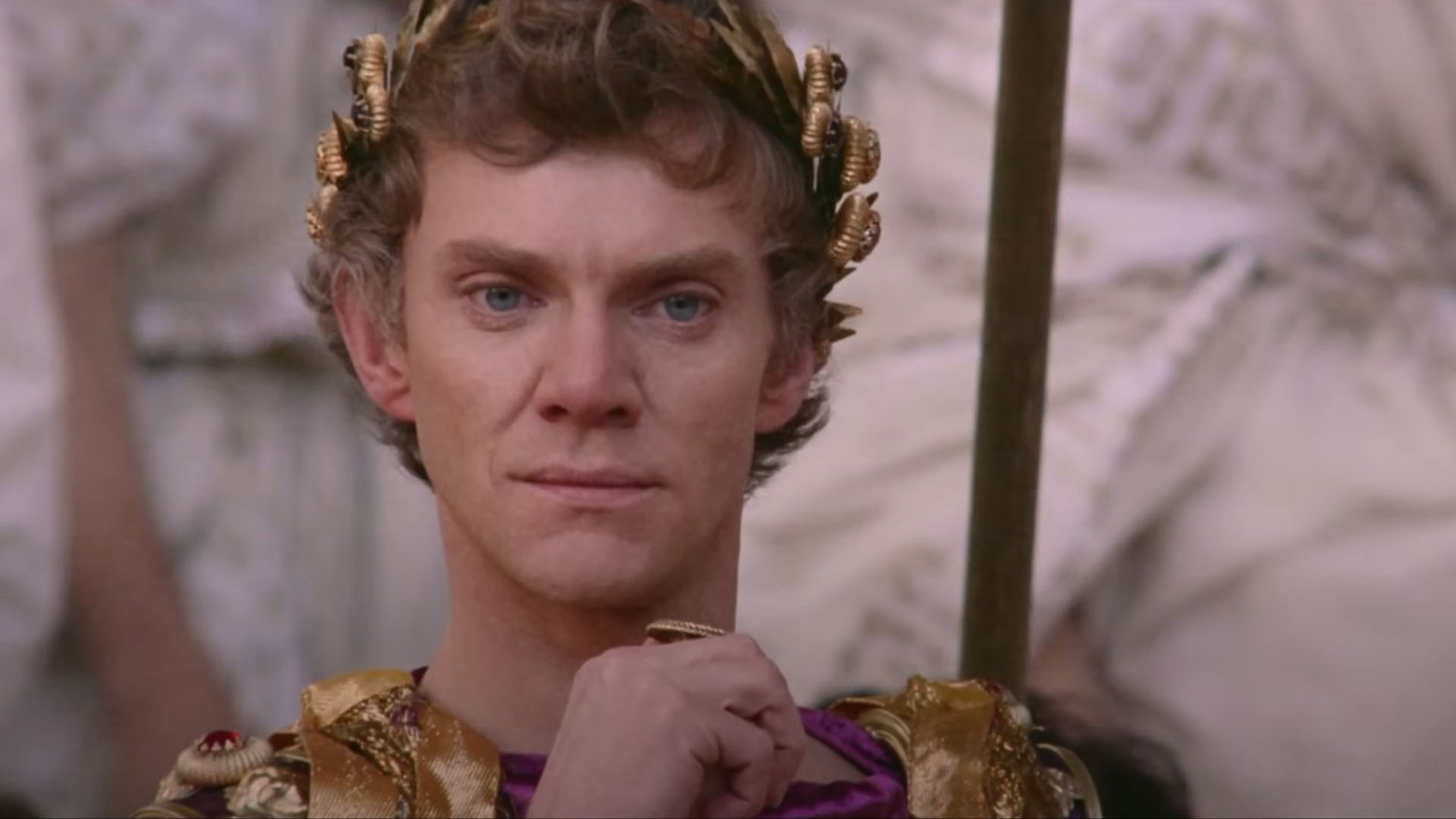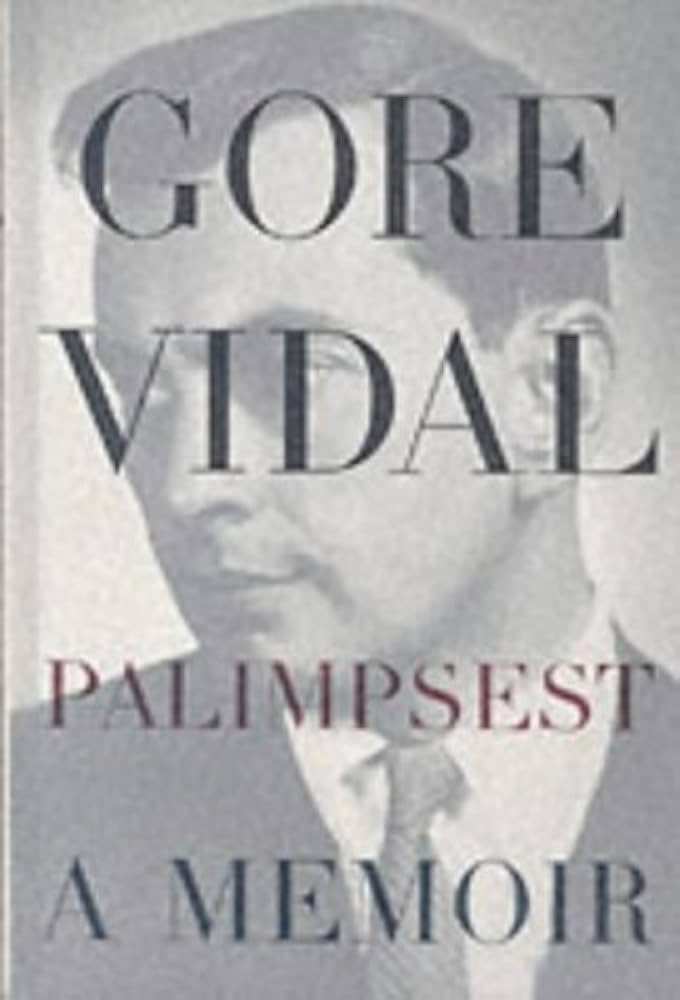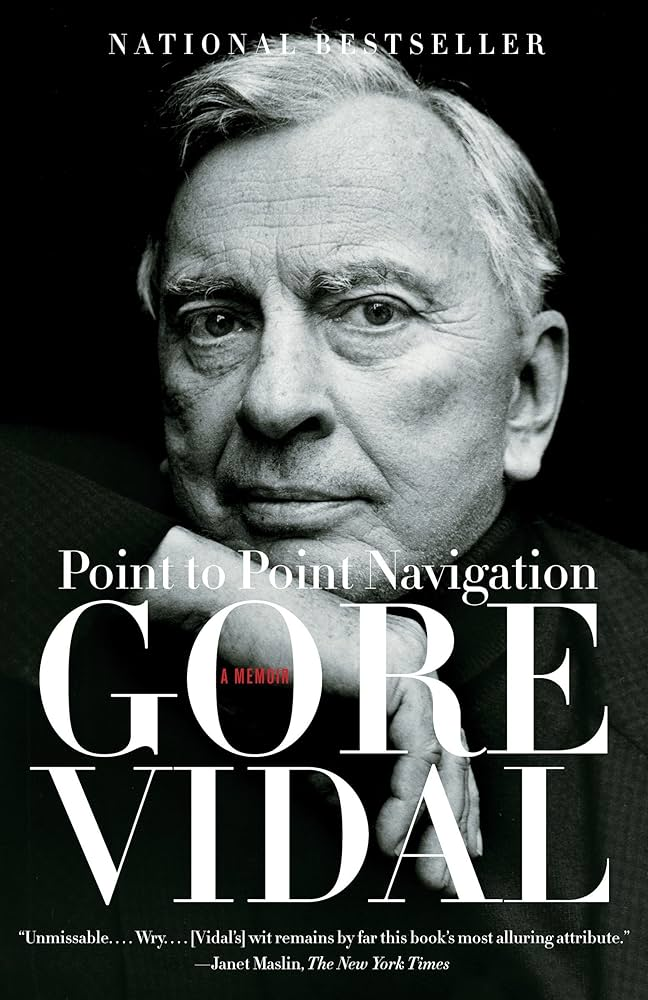[Here's the second Goodreads review I'm reposting. I've been doing this too long, so I'm going to post and get out and do the stuff I really need to do for the day.]
Pop quiz, hotshot. When someone mentions Aaron Burr's name (if that ever happens), what is the first thing you think of? If you say anything other than he was the guy who killed Alexander Hamilton in a duel, you're lying to me or yourself, and believe me, you have no reason to impress me. Chances are, this is the only thing you know about him. It's the only thing taught about him in school.
But maybe you had a more progressive teacher, and you also knew he was the third vice-president in US history. Interesting fact: I think he's the only VP in history to have been accused of murder by two states while still in office. (NJ dropped the charge because while Hamilton was shot there, he died in NY. NY just dropped the charges. Burr never entered a courtroom for that one.)
You probably don't know that the 12th Amendment was written because of the election of 1800, because of the situation between Burr and Thomas Jefferson. You probably don't know that Burr was tried for treason several times for the same crime. We call that Double Jeopardy now. It's part of the 15th Amendment, so they didn't have that law at the time.
Here's the thing: Aaron Burr got a raw deal. And I believe that Hamilton had it coming. I know, I can see the look on your face and hear the groan you just uttered. But hear me out.
First of all, this is a novel of historical fiction. It's the first of Vidal's Narratives of the Empire. While, yes, this is a work of fiction, Vidal makes a point of being as accurate as possible. Any changes he made to what we know of history, he mentions them in the afterword. Obviously the dialogue can't be historically accurate in most cases. Whenever he could, he used actual quotes. Whenever he couldn't, he tried to be as truthful to the characters and what they would have said as possible.
But you can't just take his word, can you? I mean, I believe him, but it would be irresponsible for me to just accept this as a fact. So I fact-checked everything. It took me two hours, and I'd say, dialogue aside, he's 99% accurate.
Ever have a problem with a bank? I have had several. I will curse US Bank until the day I die. My brother owed them a considerable amount of money, so they took it from my account. And I had no recourse. I made angry phone calls. I wrote angry letters and emails. But they're a major corporation, and I'm a nobody. A nobody who suddenly had no money and therefore couldn't hire a lawyer. I'm with PNC now, and I had a couple of problems with them. They even resolved two of the three of them in my favor. My point is, I'll bet almost all of you, at some point in your life, have had a problem with banks. You can thank Alexander Hamilton for that. When the US still had its training wheels on, quite a few people wanted to make sure that a bank was never created on American soil. They lost that argument, and Hamilton not only created the first bank, he created our monetary system. So yeah, I guess he should be on one of the paper bills. I'd put him on the three dollar bill and put Burr on the ten.
Hamilton had a monopoly on banks at the time. We didn't have anti-trust laws back then and wouldn't have them until Theodore Roosevelt came to office at the beginning of the 20th Century. Burr, out of spite I believe, created his own bank to compete, which flabbergasted and angered Hamilton. It's weird because they actually used to be friends. They had a lot in common. Both were orphaned and were war heroes in the Revolution. (Unlike, say, Jefferson, who rather than fight the red coats fled and hid away.)
I used to think that Jefferson was the most interesting of the Founding Fathers. Flawed, certainly, but interesting. And as I read more of Vidal's account, I found myself liking him less and less and less. He wasn't just two-faced. He had a face for every occasion, kind of like the Queen in Return to Oz. He freely lied and manipulated his way through his political career. He betrayed a lot of people, and yet he came out on top in our history. The only blemish anyone talks about now is that he, the man who wrote "all men are created equal," owned slaves, didn't think women were really people and wanted to make sure only landowners voted in elections. And he impregnated at least one of his slaves.
So could all of this be true? I fact-checked. Like, for real fact-checked. I'm not a lazy researcher. I require three independent accounts before I can believe something as an historical fact. In this case, I got eight. Nine if you count Wikipedia. I don't, but I did check. Wikipedia is useful as a launching pad. What you read there might not be true and often needs citation, but for the things that *do* have citation, you can find them through the bibliography at the bottom of the page that no one looks at. So is this the way Jefferson was? Yes. I fully believe that he was a thorough scumbag.
But I'm getting off topic. Because now I believe that Aaron Burr is the most interesting of the Founding Fathers. He's unlike any of the others, and I actually find myself identifying with him a lot. Let's look at some facts that come from both the book and my eight sources. Burr, unlike any of the others (with the possible exception of Jefferson, but there is no definite proof of it), was an atheist. Yet he studied to be a minister for a brief period of time, mostly, I think, to please his surrogate father, who was a Calvinist minister. He had incredible wit and charm. Take a look at all of the paintings of the Fathers. Most of them are grim and depressing. Look at Burr's portraits, and you will see someone with light in his eyes and a dancing mischief. His sense of humor often got him in trouble, and he never cared about it. He genuinely didn't care what others thought of him. Do you know how rare that is in a politician? And politician he was. From senator to the VP, he worked the system he tried to create with the others. Too bad everyone else hated and feared him except maybe for Madison. That's what the book says. I only found one source that kinda-sorta confirmed it. But one source is not three. Burr, oddly, really felt no affinity to any political party and often worked for both the Republicans and the Federalists (and the Whigs, if you can believe that). He often created scandal with his taste for the fairer sex, whether he went to brothels or visited society women when their husbands were away. He had a few legitimate children, but there were a lot more bastards he fathered. Vidal tries to suggest that Burr fathered Martin Van Buren (who Burr delightfully calls Matty Van), but I couldn't find any confirmation of that. For the time Burr was very progressive. He was an Abolitionist when that was a vile word no gentleman would ever use. He believed women had the right to an education, and he ensured that not only did his daughter Theodosia get the finest education possible, he also funded the education of stepdaughters and other girls he adopted. There is a story, and I found three sources, that says that a neighbor of his couldn't afford to send her two children to school. Burr, who was often broke and lost money almost as quickly as he made it, pawned his pocket watch for twenty bucks and gave it to his neighbor. That was back when twenty bucks meant something. Burr also advocated for everyone to have the right to vote, not just white men who owned land. He was a thorn in Jefferson's side, and he never trusted Burr, not even as his VP.
Did you know that Burr was almost our third president instead of Jefferson? They tied when the electoral votes were counted, and 35 ballots later, a winner was declared. By that, I mean that the states voted, in total 36 times to figure out who the winner was. Back then, the loser was always the VP. Hence the 12th Amendment that was created shortly thereafter. Burr, a gentleman by the definition of the day, made a deal with Jefferson. Burr wanted the presidency after Jefferson had his go. If Jefferson made that happen, Burr would deliver the electoral votes from New York, which were vital for Jefferson, whom the New Yorkers didn't like. Even still, they tied 36 times. It came down to one vote. ONE! Bayard of Delaware was the only vote for his state. He was a friend of Burr's, and because Burr made a deal with Jefferson, he convinced Bayard to vote for Jefferson instead. Because of Burr's sense of honor, Jefferson thoroughly betrayed him when it came to what Burr had asked.
Burr never trusted Jefferson again. And Jefferson was still not finished betraying Burr. Burr had an idea to take over Mexico to create a government much better than the BS that the US was already becoming. At the time, Mexico was still a Spanish property, so that would entail declaring war on Spain, which Jefferson actually wanted. But when he heard of Burr's plan, he made it look like Burr was going to separate land bought in the Louisiana Purchase from the union by taking control of New Orleans, which never entered Burr's head. There's a dispute over how many men Burr had during the so-called Burr Conspiracy. He had somewhere between 30 and 80 men. Do you think he could have taken a city with such a paltry army? I kind of think Mexico was a pipe dream of his, but he was accused of treason. A lot. And he was captured. A lot. And he was tried for treason. A lot. And he was found not guilty. A lot. Each and every time, in fact, much to Jefferson's pathological hatred of Burr. But Burr had enough. He also had a lot of creditors after him. So he lived in Europe for a while before coming home under an assumed name. Here's the funny thing, though. Near the end of his days, a group of Americans, mostly from TN, under the leadership of Davy Crockett tried to annex Mexico themselves. They failed miserably, and they all died at the Alamo, which is a story we're taught in school was the heroic battle of white Americans against the evil Mexicans. What it really was, was an attempt to steal Mexican land and impose slavery upon it. Mexicans were opposed to having their land stolen, and they were opposed to slavery. So who are the real heroes of the Alamo? (Also, I'm not planning on visiting Texas at any point in my life. I'd rather not be strung up for speaking ill of Davy Crockett and company.) So in essence, Burr was tried for treason several times for the act (the intended one, not the BS one) that Davy Crockett and his Tennesseans were declared heroes for. History can have one hell of a sense of humor sometimes.
Let's get back to Hamilton. Because of his growing enmity with Burr, he talked a lot of smack behind Burr's back. His mouth was so loud that word eventually got back to Burr. A friend had written a letter in cypher to Burr describing what Hamilton said about him. There were two things. One is confirmed and 100% certain. To paraphrase, Hamilton said Burr was a dangerous man and had to be kept from the reigns of government. That's pretty bad, but it's not bad enough to start a duel. In fact, Burr was used to being slandered, so he didn't really care. And then there is the second thing that Hamilton said, and no one quite knows what it was (or, at least, I couldn't find any reliable source for it). Everyone agrees on one thing: the word to describe it was "despicable." And that was the reason Burr began a new correspondence with Hamilton, trying to get to the bottom of this and to get an apology. Vidal has a theory, and knowing what I do of humanity, I think he might be right. And if this was indeed what Hamilton said, I don't blame Burr for killing him for a second. We'll get back to that.
The idea of the book is that a young reporter, Charlie Schuyler (who didn't exist in real life, as noted in the afterword), wants to write a biography of the Colonel, as he calls Burr. His editor wants him to do it in order to prove that presidential hopeful Matty Van was Burr's bastard son. While Charlie does want to know, he doesn't want to push Burr because, well, he really likes him. His spirit is catchy, and his charm and wit are spot on. A lot of people called Burr Satanic because of his nature and demeanor. I really like that.
I said on Twitter that if they ever made this into a movie, I would require James Spader to play Burr. Watch Spader on The Blacklist. Pay attention to his mannerisms and to the way he says things when he's excited or amused or even thrilled. Then read some of Aaron Burr's dialogue in this book. You'll see what I mean.
There's one thing I wish I didn't know going in. It's a spoiler, so I won't mention it. I read two of the Empire books before this one and found out about this. I didn't know that a certain character didn't know something. Something that is the final line in this novel.
I need to bring this to a close. I've spent the last two hours writing Goodreads reviews of three books, and that's just too much. Besides, I need to pick up my meds and get some comic books. And I have a lot more reading to do. So I'm going to leave you with this.
Being the scumbag that Hamilton was, first creating the banks that would eventually suck our country dry, and then betraying friendships, and then slandering a man who was so thick skinned that slander never hurt him.
Except this once. This once, Hamilton said something so vile that Burr had to kill him. All the reasons stated above are true and reason enough to kill Hamilton. But what I'm about to say next, I can't verify. If Vidal is correct, and I wish he were alive still so I could send him a letter or a Tweet or something, then Burr was absolutely justified.
What was the "despicable" thing that Hamilton said?
He said that Aaron Burr and his, Burr's, daughter were lovers.















